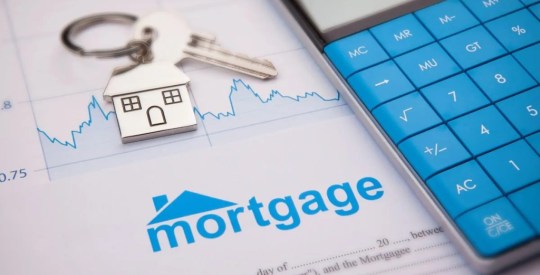A reverse mortgage loan — particularly a Home Equity Conversion Mortgage (HECM) — is often discussed as a method for seniors to tap into the equity they have built up in their homes to provide additional cash flow. But some older homeowners may be rethinking the prospect of the loan given the current economic climate, according to Brian Kline, a real estate investor and finance columnist, in a new piece from RealtyBizNews.com.
“With rising interest rates, surging inflation, and a potential recession on the horizon, many senior homeowners are uneasy about the current economic landscape,” he wrote. “With the Federal Reserve raising interest rates several times, some reverse mortgages are approaching the 8.5-9% range with more Federal Reserve interest hikes likely. This presents a huge dilemma for people considering a reverse mortgage.”
This is because higher rates may have made certain reverse mortgage prospects miss an opportunity for a low-cost loan. However, there may be certain seniors still considering a reverse mortgage to try and take advantage of current rates before they trend higher, he says. Maturity events should also be considered, he explains.
“When the homeowner sells the property, moves out, dies, or in some cases fails to stay current with property taxes and other expenses, the reverse mortgage balance becomes due in full,” he says. “This includes the principal amount borrowed as well as interest and fees that have accrued. Although you’re not making monthly payments on the loan, interest is accruing, which means your outstanding balance becomes larger every month. That means the higher the interest rate, the more the outstanding balance will go up each month.”
Since reverse mortgages come in either fixed- or variable-rate varieties, changes in Fed interest rates have the chance to inform the benchmark interest rate that variable-rate reverse mortgages operate from, he says.
“Choosing a fixed rate HECM offers predictability in how much interest will accrue on the balance,” he says. “However, these typically required you to take the funds as a lump sum.”
Borrowers should also keep a series of ongoing expenses in mind for a reverse mortgage, he explains, since the loss of a monthly mortgage payment does not diminish the need to keep up with other related expenses to keep the loan in good standing. These include interest, the annual mortgage insurance premium, property charges like taxes and various forms of insurance and servicing fees.
“The larger your loan balance and the longer you keep your loan, the more you will be charged in ongoing costs,” he says. “The best way to keep your ongoing costs low is to borrow only as much as you need.”
Read the column at Realty Biz News.



